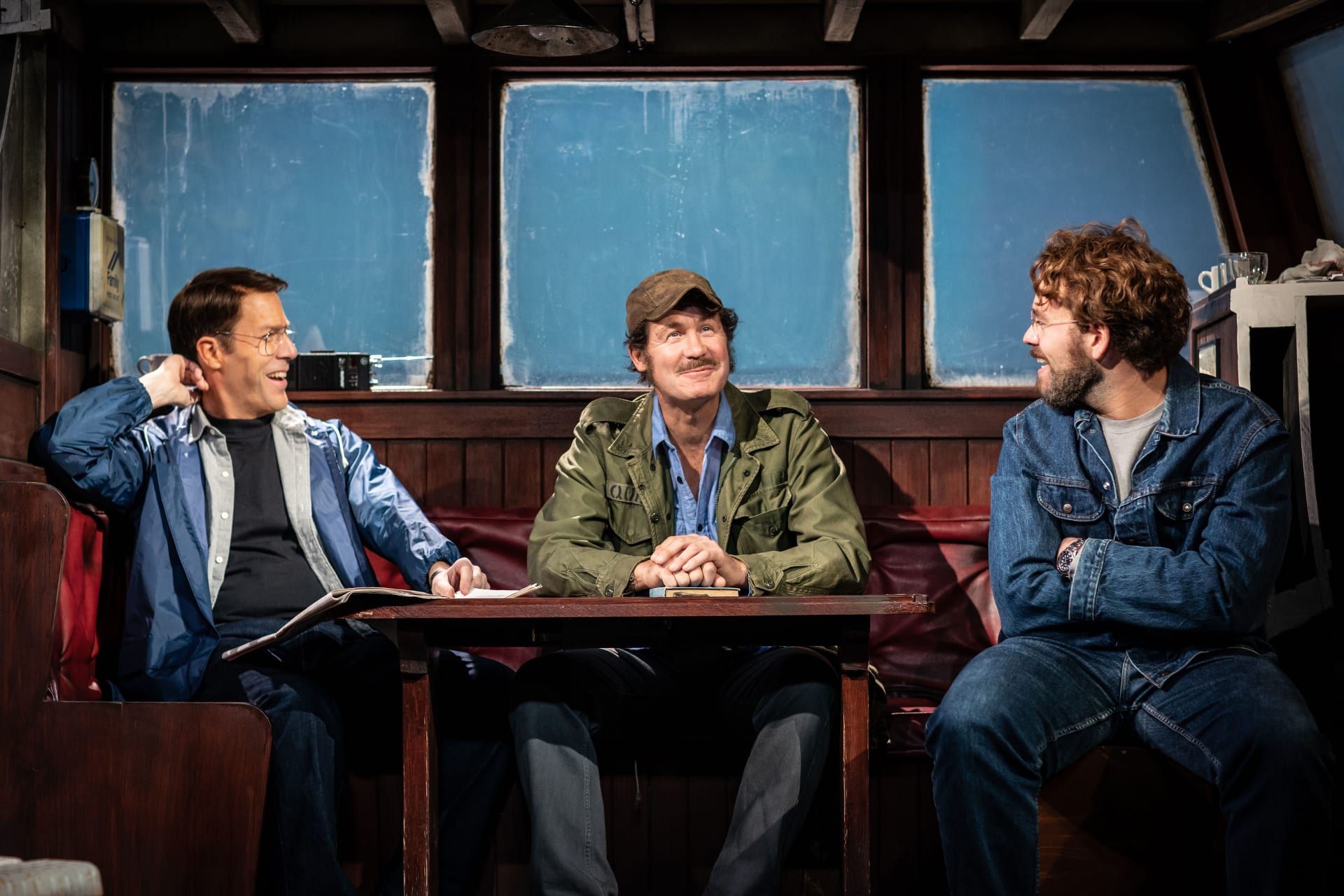Could love be a side effect of medication? If you’re taking psychiatric drugs, can you trust your own feelings? Critics’ Circle Award-winning playwright Lucy Prebble’s The Effect premiered in 2012, and will be performed at Modern Art Oxford by local company Ronin Theatre Productions, the only company in Oxford dedicated to performing modern plays.
Directed by Alexandra Coke, the play tells the story of two volunteers – Connie and Tristan – in a clinical drug trial. As they take increasing doses of a new antidepressant (referred to as ‘Viagra of the heart’) they start falling for one another. But how can they be sure that their feelings are real? And do the scientists monitoring them have their own motivations for the trial?
It’s estimated that 4 million people in England are long-term users of antidepressants. As mental health as an issue is increasingly in the public eye, and debates about how best to treat depression continue, The Effect is a timely show, sure to spark interest and debate with its audiences. Ashley Hunt will play Tristan, here the Ronin Theatre co-founder tells us more.
On Ronin Theatre Productions
Ronin Theatre Productions is co-founded by me and Alistair Nunn. I am professionally trained, I went to LAMDA. I was professional until 2012, had a five-year break, and decided to come back into the Oxford amateur theatre scene. I realised that a lot of the stuff being put on were classics like Chekhov, and when people said they were going to put on a modern play, it was always something like Arthur Miller – written in the 50s; 70 years old. So we set up Ronin with the express notion of putting on anything that was written in the last 30 years; there’s so much fantastic writing out there that’s just never really put on, especially at an amateur level.
This time last year we put on Landscape with Weapon by Joe Penhall – he’d written things like Blue/Orange, the film adaptation of Enduring Love, and the adaption of Mindhunter for Netflix. I mentioned our production to him; he couldn’t make it because he had Mood Music in the West End at the time – but he said he would have loved to have seen it because it’s one of his least performed plays and one of his favourites. We came very close to breaking even on it, and thought, ‘Right, well, there is something here.’ So we decided to put on John Hodge’s Collaborators, which had won Best New Play at the Oliviers in 2012. We sold out on the Friday and the Saturday – it was a runaway hit.
Around that time we started looking to see what else we could be putting on. Ali said to me, ‘Have a read of this play.’ I read Lucy Prebble’s The Effect once and said, ‘When are we putting this on?’ The decision was that quick. We’ve been rehearsing it since mid-December, and we’ve also programmed our next two years. There’s a lot of interest around the company and what we’re producing, and particularly around The Effect because it’s quite a hot topic.
On Britain’s mental health discussion
Part of the reason I really wanted to do The Effect was it just felt so personal to me. In the past couple of years, I went through a struggling point, was diagnosed with postnatal paternal depression, and went onto antidepressants. I realised at that time that no-one talks about it. The conversation to bring that up is a really difficult one. As the person diagnosed, you don't know a) if people will care, and b) if people want to talk about it. But as that process goes on, you realise the best thing you can do is talk. Yes, this is a fantastic play. And yes, I wanted to be in it. But if it also starts to create a conversation around mental health, that’s fantastic, because I think there is still work that needs to be done.
On the message
Each of the four characters represents a different aspect and attitude towards mental health. The four distinct viewpoints clash over the course of the play, which leaves you needing to make your own decision about antidepressants. There is no right or wrong answer.
On performing at Modern Art Oxford
Landscape with Weapon was an ultra-modern play about drones and drone warfare; we did it at Oxford’s Mathematical Institute which had a very clean look about it. For Collaborators, we knew we needed a traditional theatre venue so decided to go with the Old Fire Station. The Effect is also very modern, very clean, very clinical, and Modern Art has that really clean aesthetic. We’re actually doing it in the cafe area. We can only fit 100 people in there per night. Because of the personal and intimate nature of the play, it really suits that cosy atmosphere. You couldn’t really go and do it on the Olivier Stage, it’s too big of a space – you need that personal touch.
The Effect plays Modern Art Oxford 26-30 March, 7.30pm
You can read Sam Bennett's review of The Effect, here.
Images © Cat-Prior Holt








